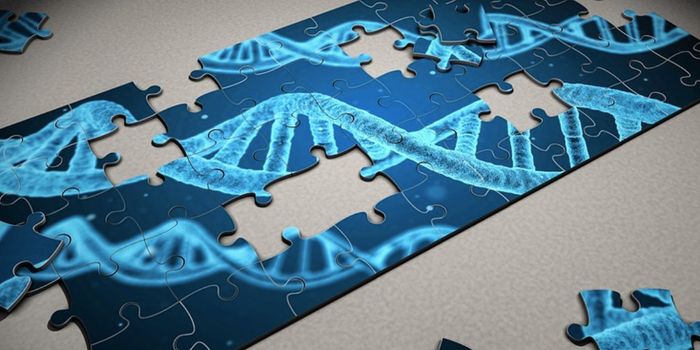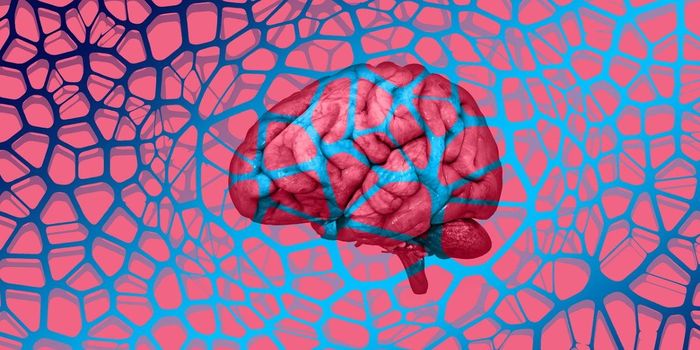Do We Still Need Our Instincts?
How exactly instincts are formed is a topic of hot debate. Between an interplay of genetic and environmental factors, the exact process of their formation is still unknown. Despite this however, from what we do know, it is fair to say that instincts have evolved to ensure we can best cope in any given environment (Lennon: 2019). But as our environments have changed so much in recent years, do we still need our instincts?
The invention of agriculture happened approximately 10,000 years ago. Before this, Homo sapiens predominantly lived as clan-living hunter-foragers. Following the invention of agriculture however, Homo sapiens were suddenly able to accumulate resources, and live in larger numbers. This soon brought us to modern civilization with significant social changes made possible by advanced technology and communications (Nicholson: 1998).
Despite these huge social changes however, little has changed biologically. This is partially due to a lack of consistent environmental pressure having existed in the last 10,000 years ie. no large differences in weather or food supply forcing humans to evolve. Moreover, 10,000 years is insufficient time for significant genetic changes to occur across an entire population. This means that, although our social structures have changed, we are fundamentally the same as humans from 10,000 years ago. This in turn infers that some of our instincts may well be outdated for modern society (Rowland Angell: 1906).
Our survival instinct’s fight-or-flight reaction served us for the best part of 300 million years as a response to life-endangering threats. However, survival for the modern human is often not about being able to put a roof over our heads, food on the table, or fleeing from deadly predators. Modern threats are often less immediate, foreseeable nor even understandable, and so rather than an instinctual response, oftentimes require something else (Taylor: 2012). In this way, our survival instincts from the past may inadvertently be putting our lives in danger as they aren’t able to catch up to the needs of our present environments.
This is why for example, even the most sensible of people struggle to receive constructive feedback, despite knowing the intentions behind it. From our evolved need to be attuned to danger to best react to it, we are typically more sensitive to negative information than positive information (Nicholson: 1998). Even though we can logacize our world, our emotions are still attuned to our evolutionary fight-or-flight response and underlie our ability to logicize, meaning that even if we can suppress an emotional reaction, we will still likely feel it to some level.
Yet, not all of our instincts stemming from a need to survive are obsolete. Of course, even the fight-or-flight response itself may be necessary in certain circumstances involving more traditional threats such as being chased by a predator or being in the midst of a natural catastrophe or a war. However, in the absence of these circumstances, some instincts we have evolved to have may be more relevant than before- especially given a generally lesser need for fight or flight.
For example, our instinct to be curious and form positive social connections from birth is necessary not only for proper maturation of our brains and life satisfaction, but for survival itself (Brody: 2017). Perhaps if we sharpen these instincts, we may be able to replace an irrelevant fight-or-flight response in instances such as receiving negative feedback, with instincts that are more relevant for modern society.
To conclude, the fast pace at which social structures have developed has clearly outgrown aspects of our instincts that have evolved over millions of years. Although this means that some, such as our fight-or-flight response are often obsolete, it leaves us with an opportunity to focus more on other instincts which may be more relevant to guarantee both our survival and quality of life.
Sources
Lennon, Annie: Labroots
Nicholson, Nigel: Harvard Business Review
Rowland, Angell, James: Psychology: An Introductory Study of the Structure and Function of Human Conscious
Taylor, Jim: Psychology Today
Brody, Jane E.: NY Times










